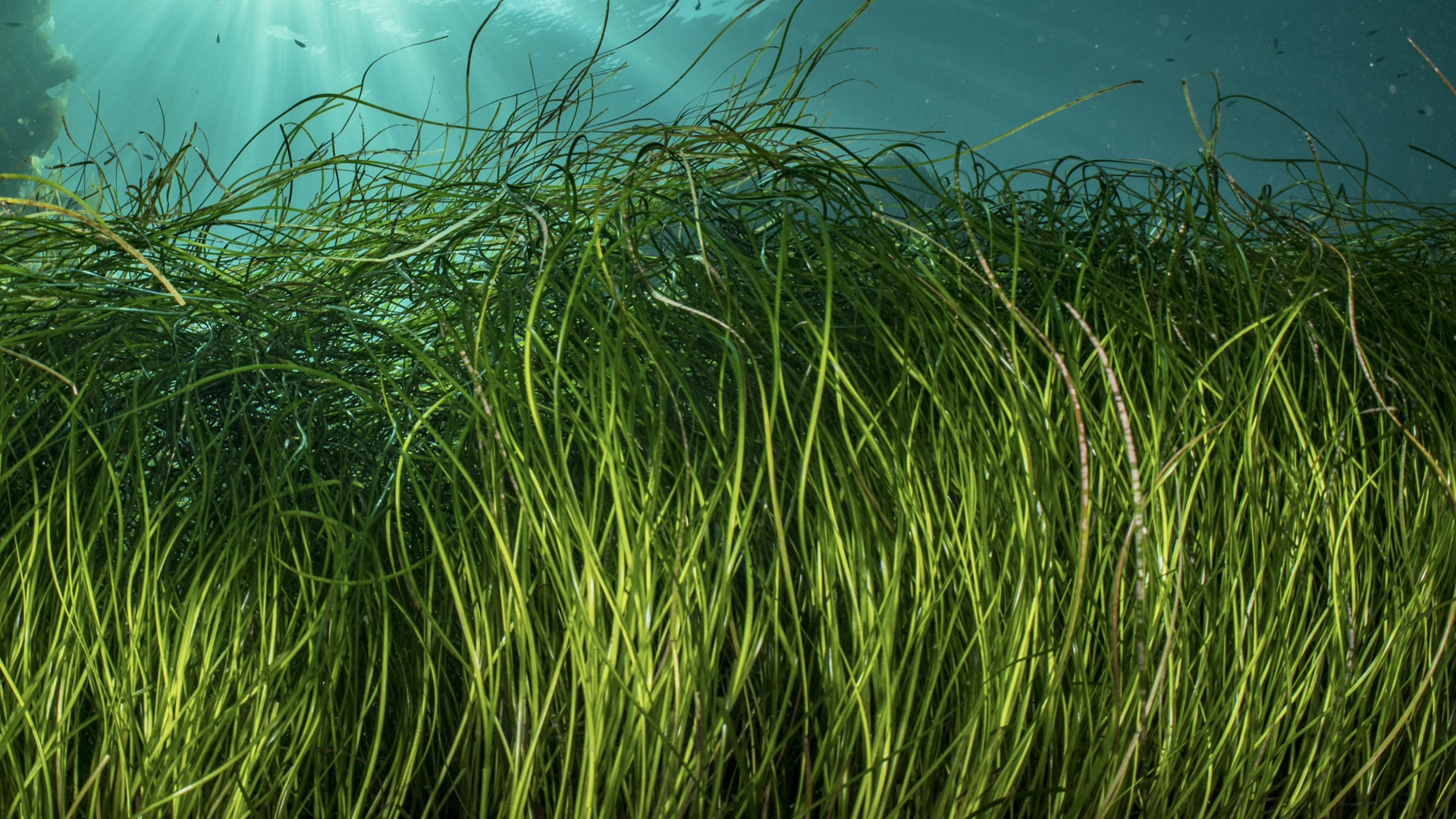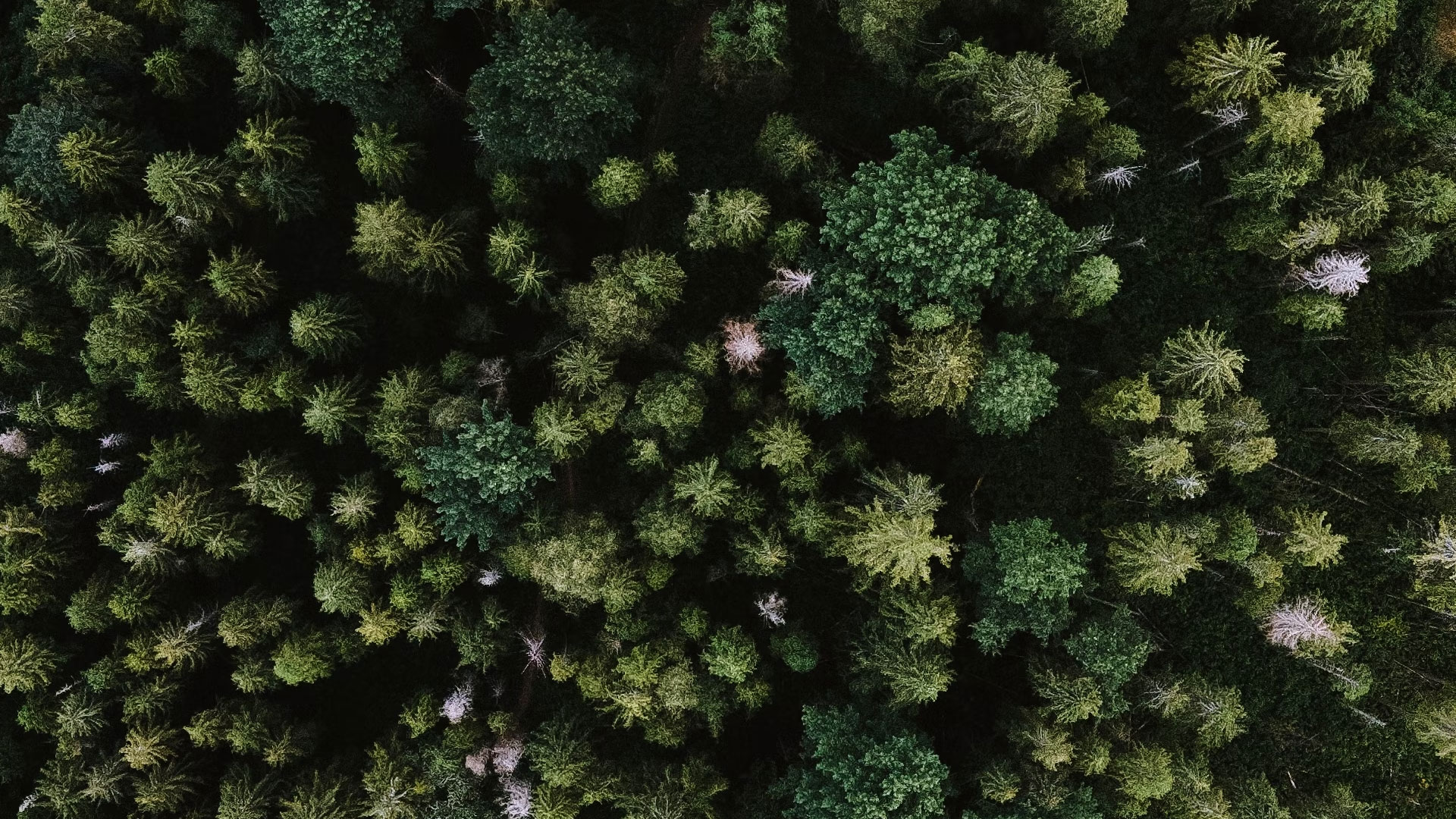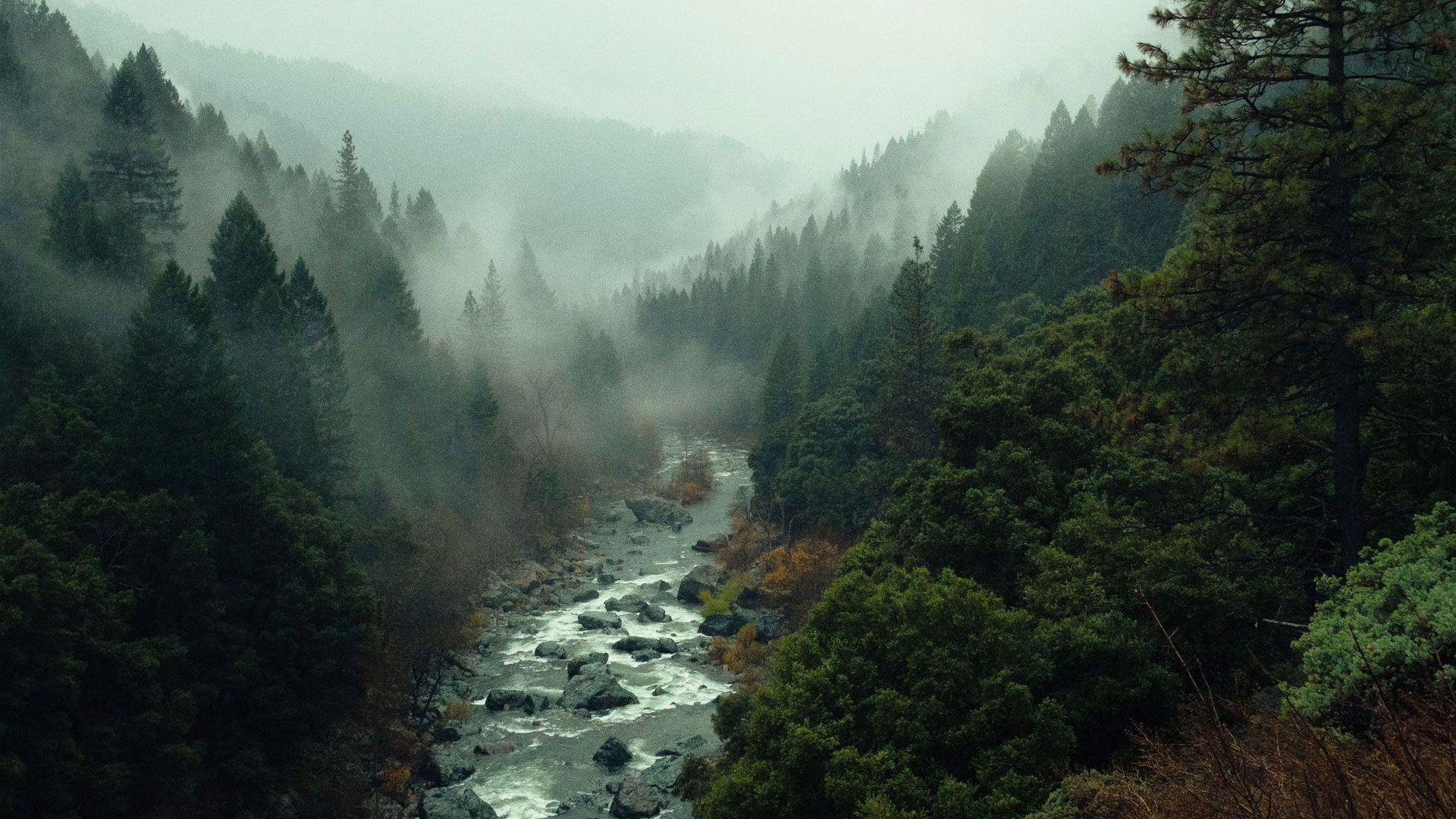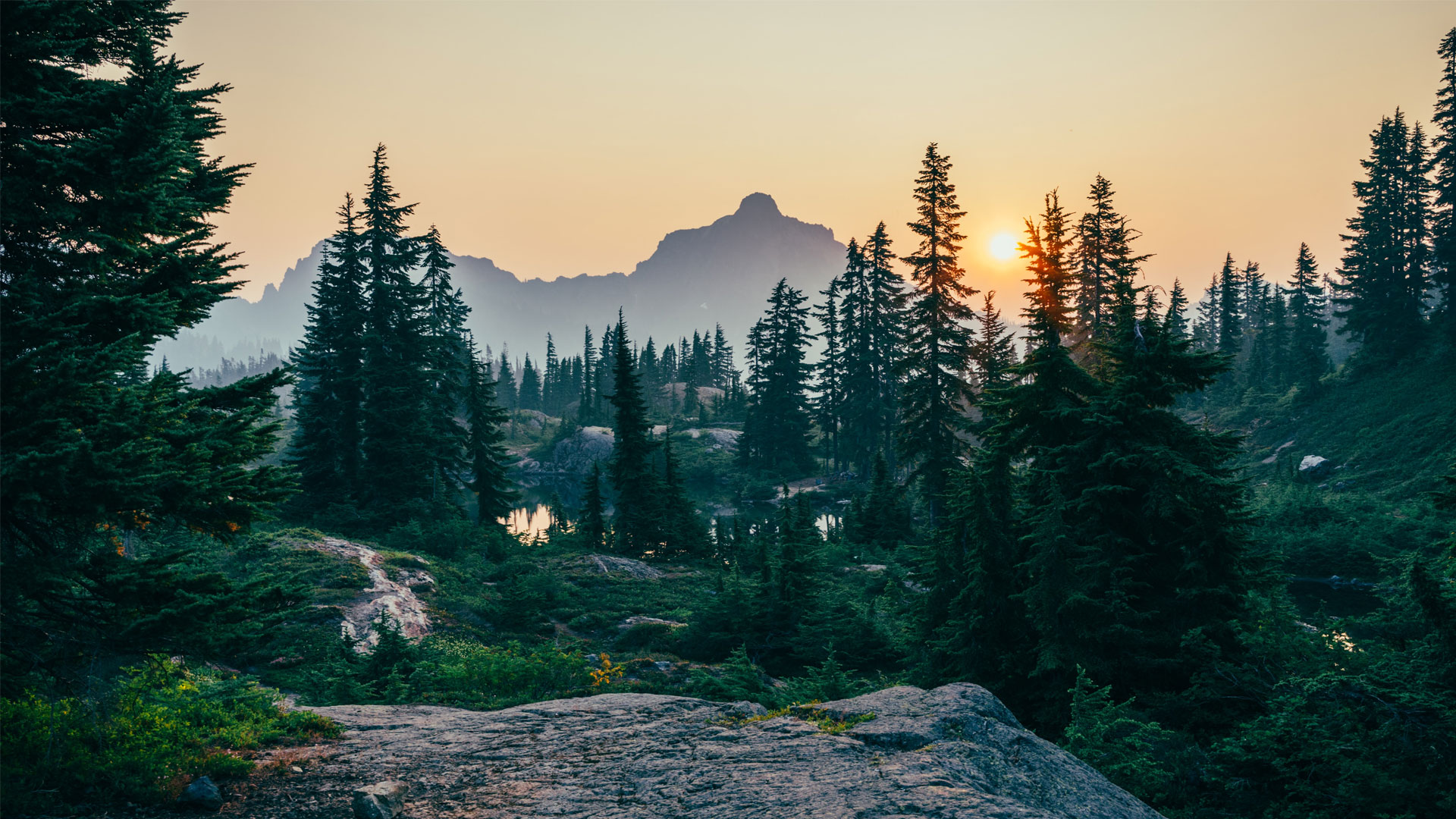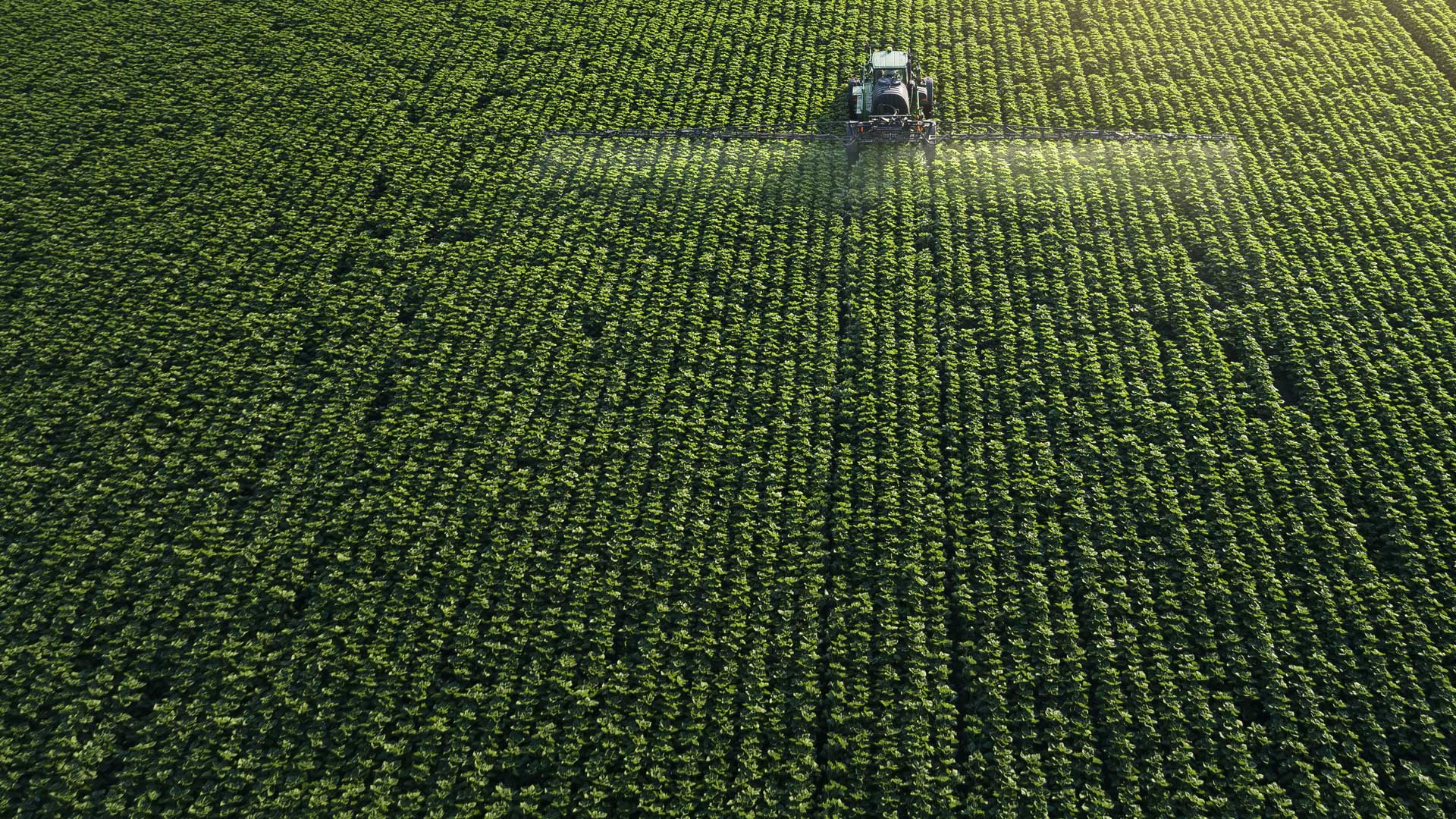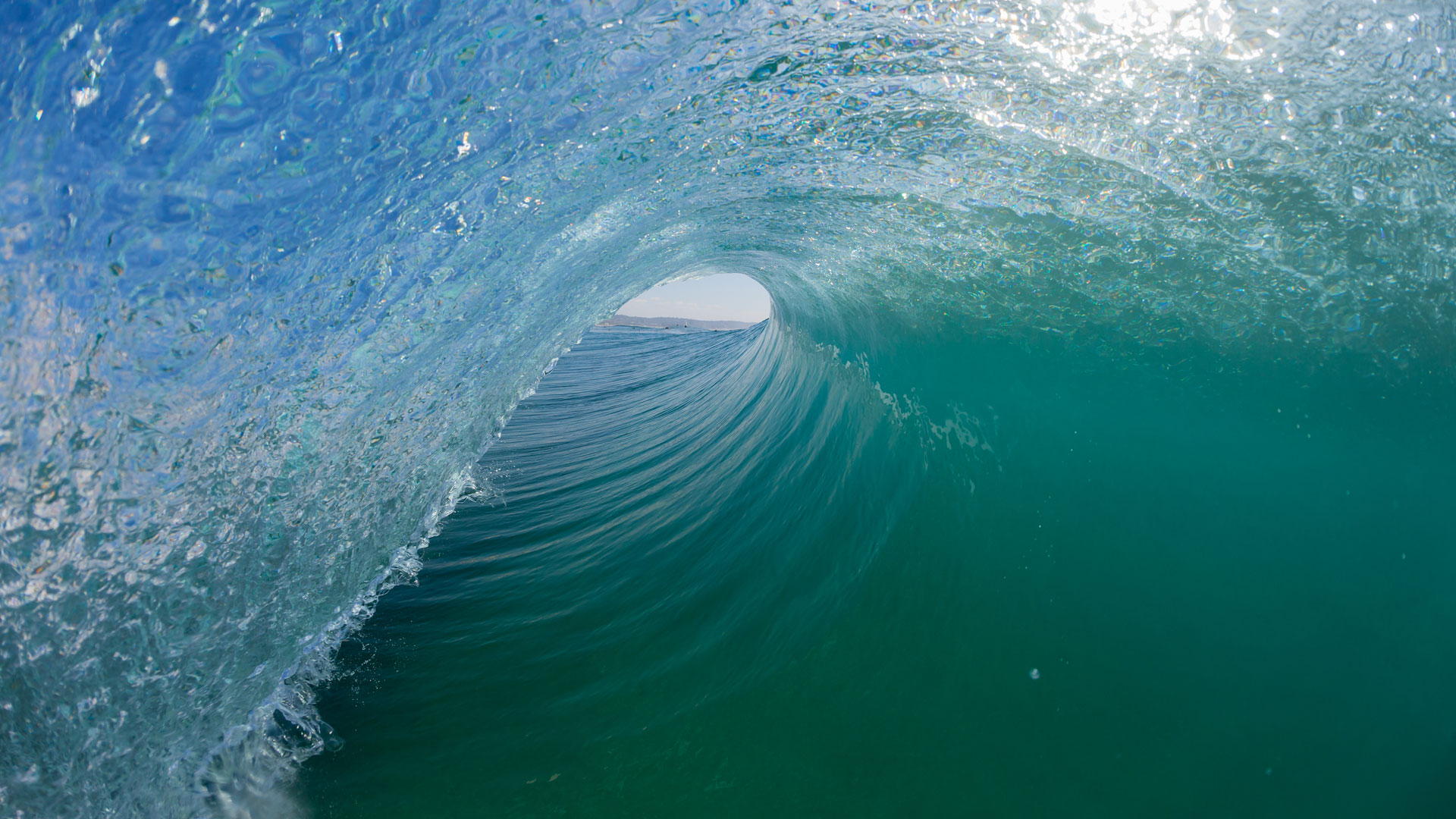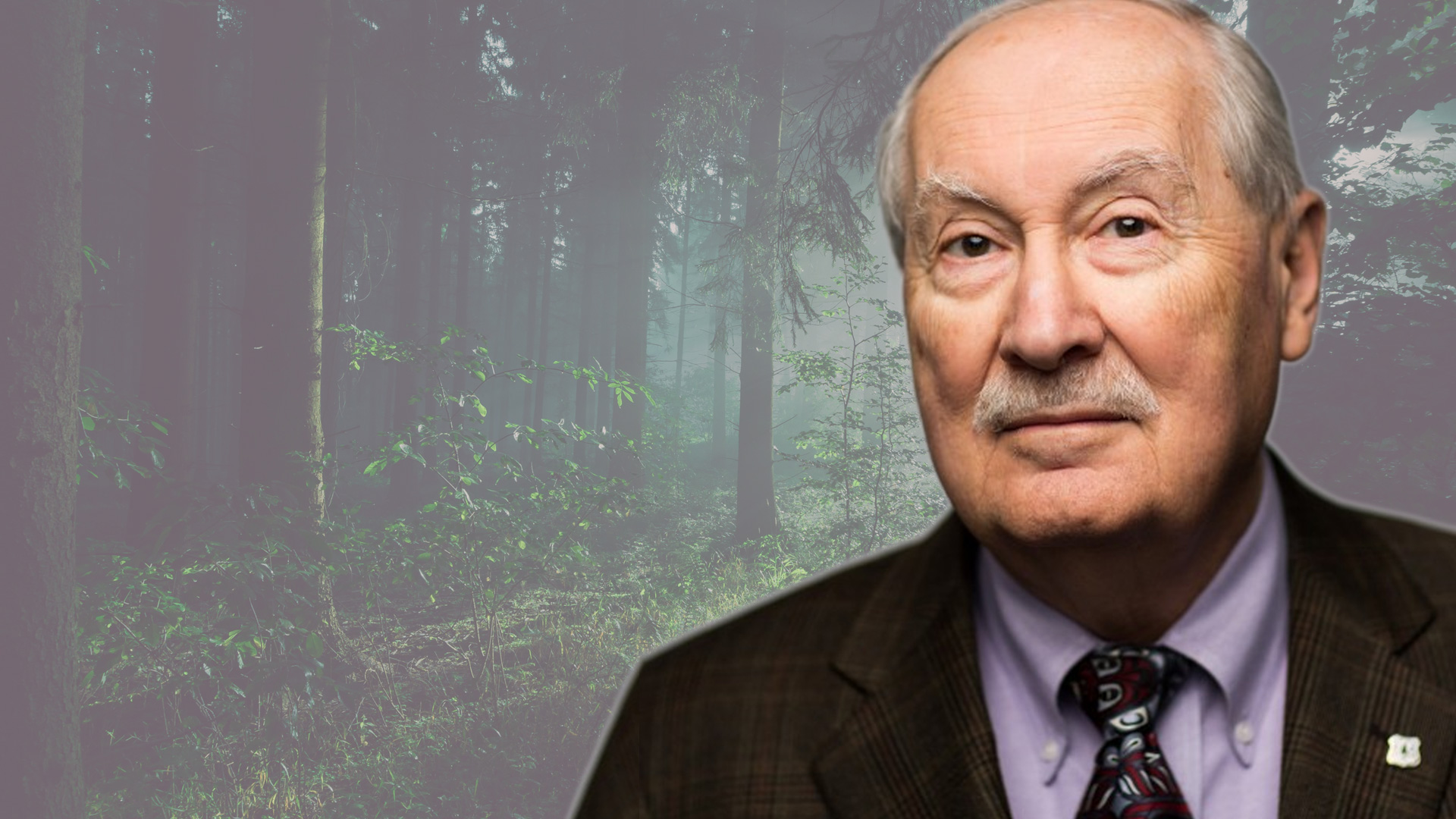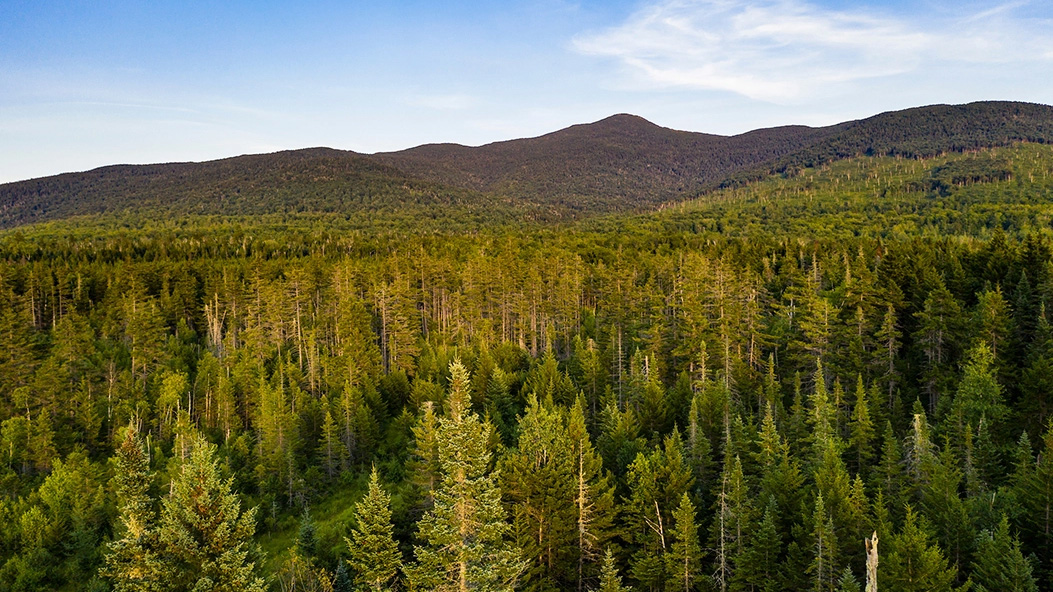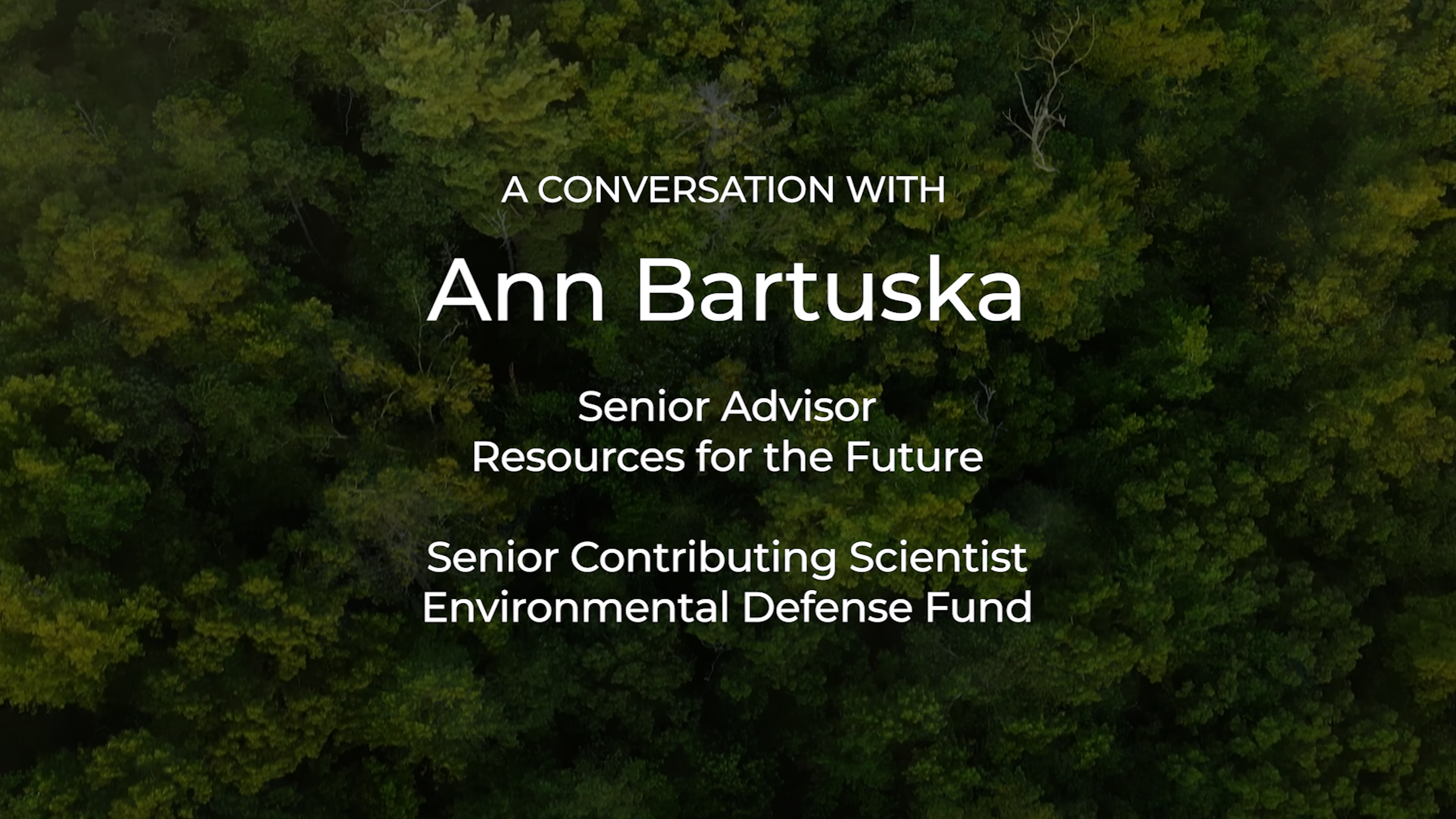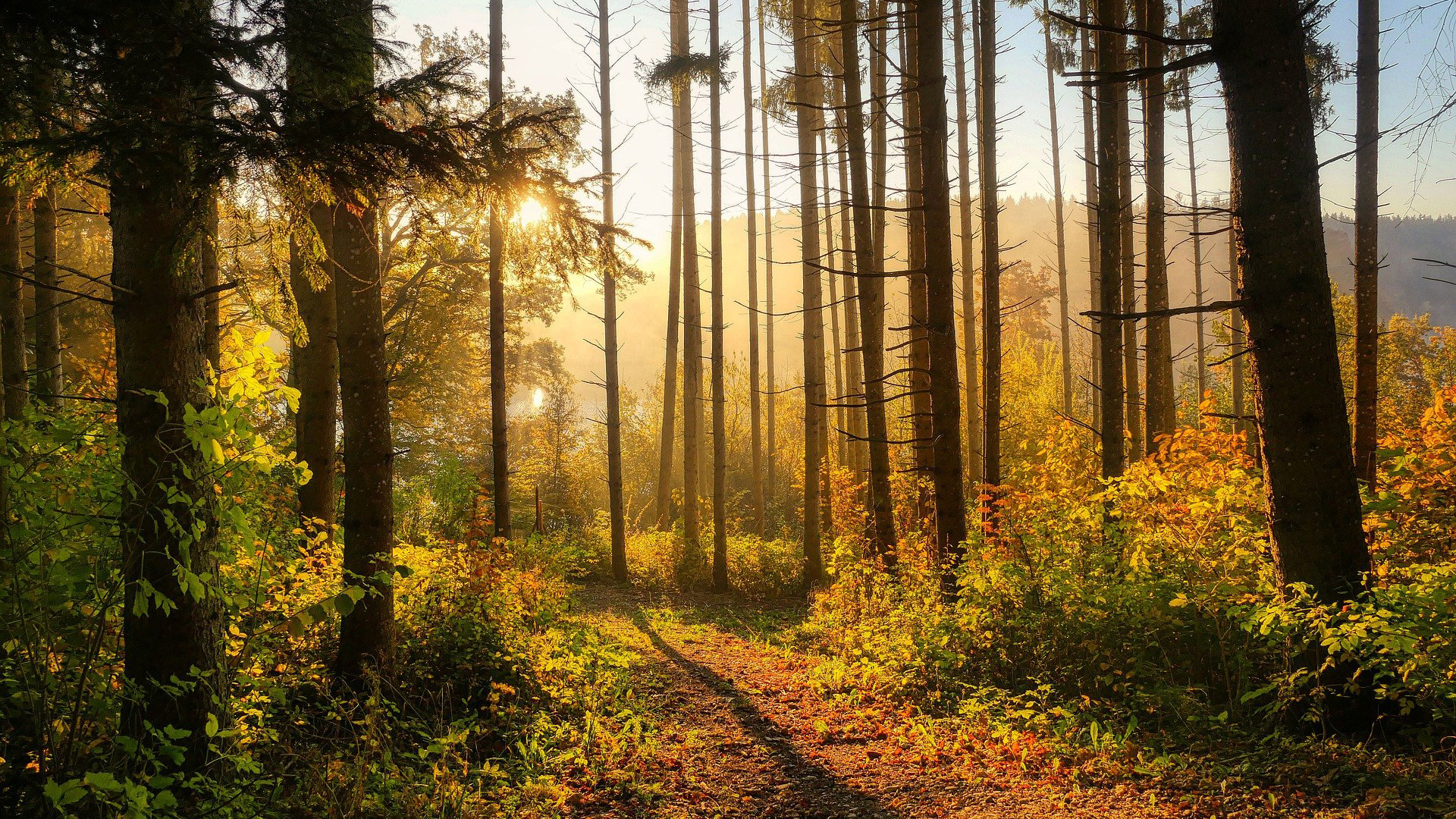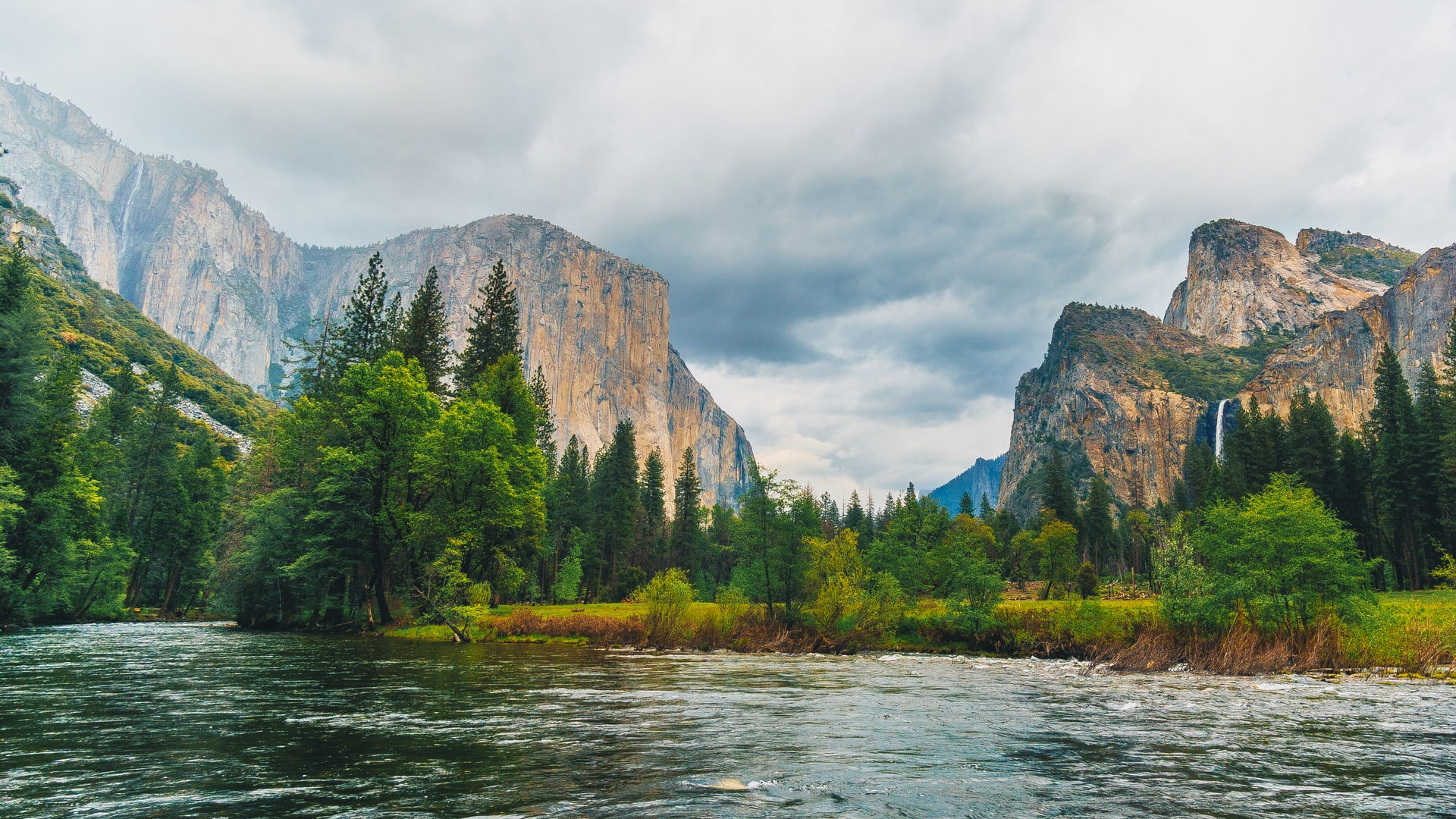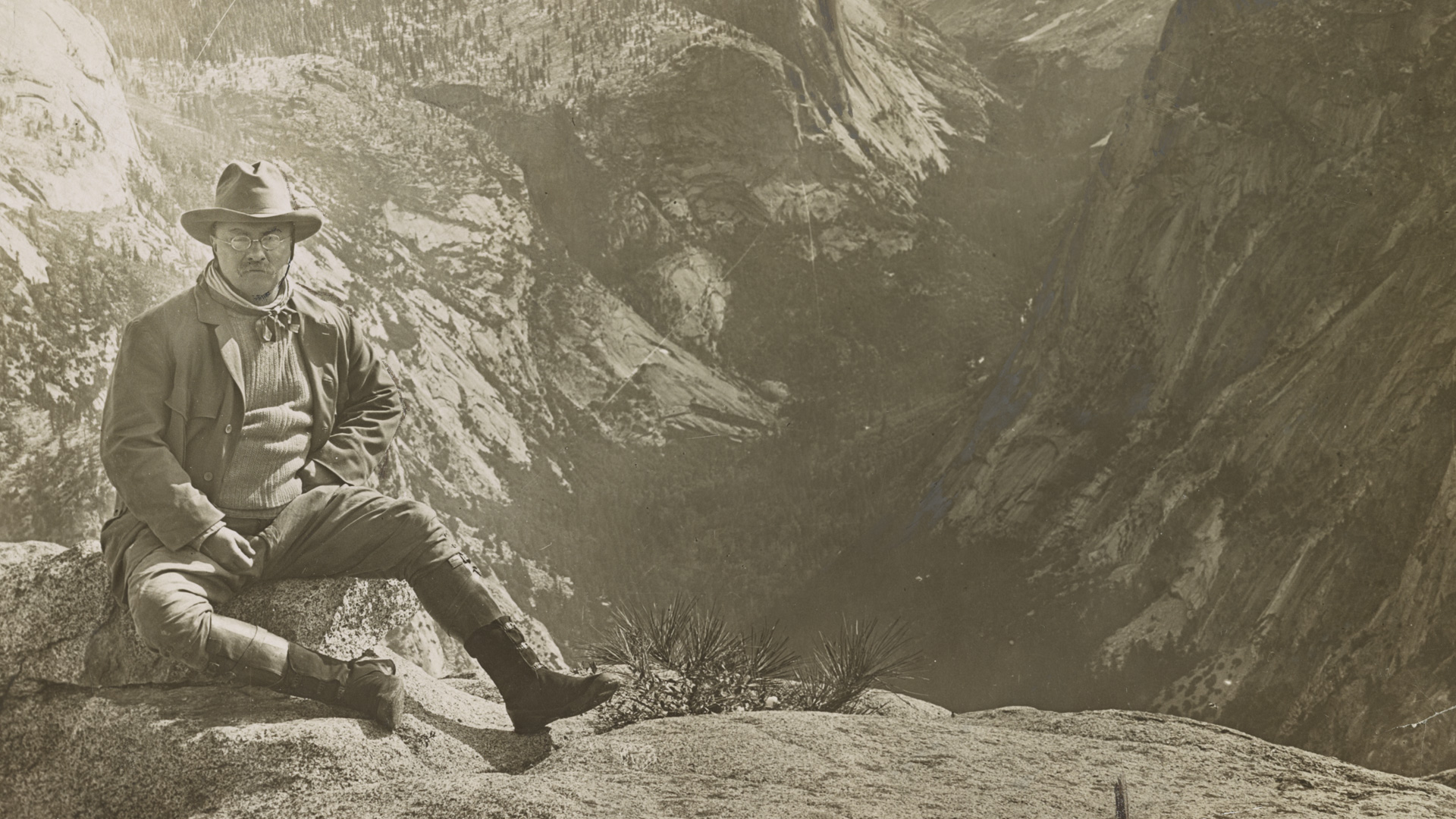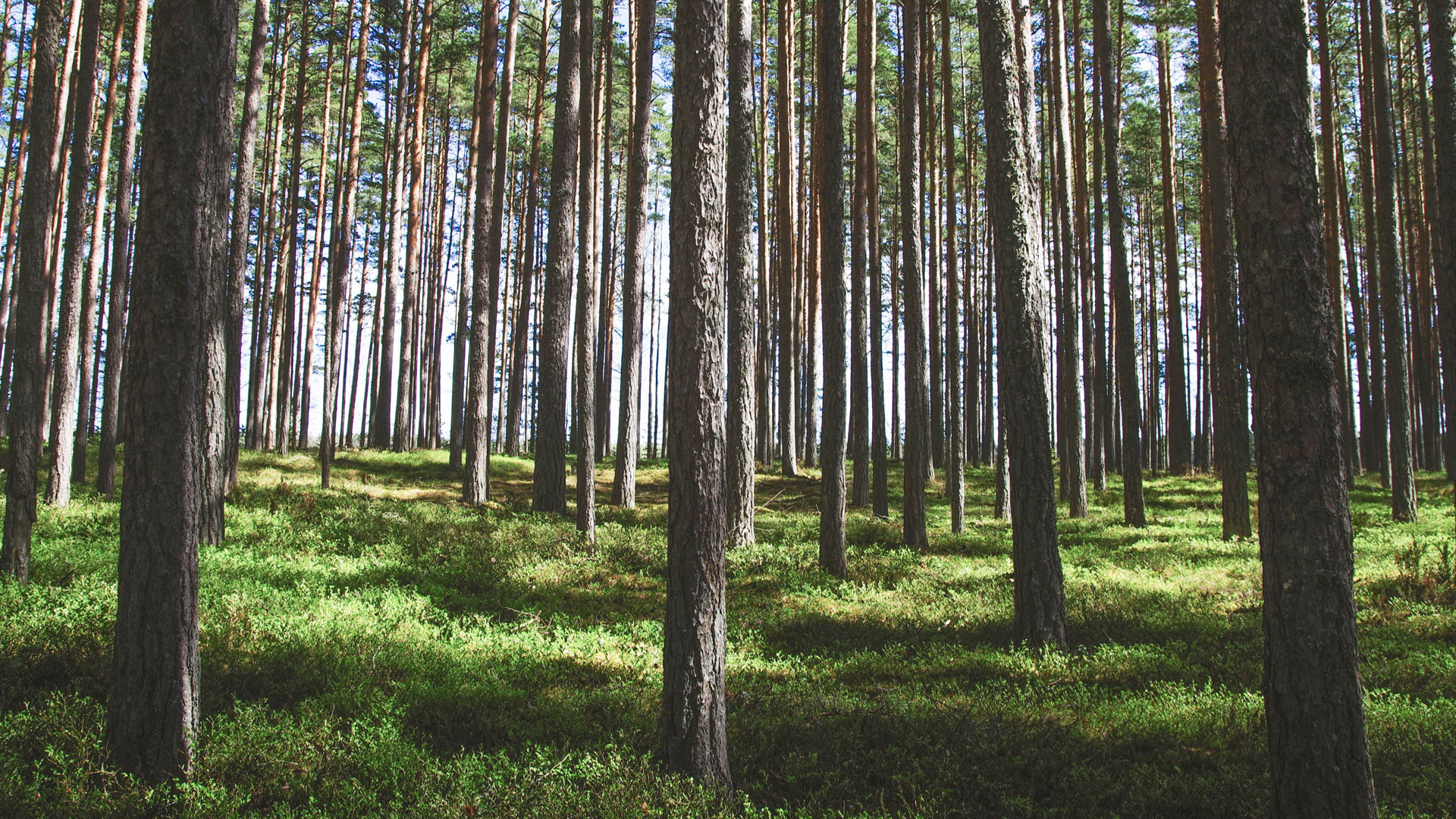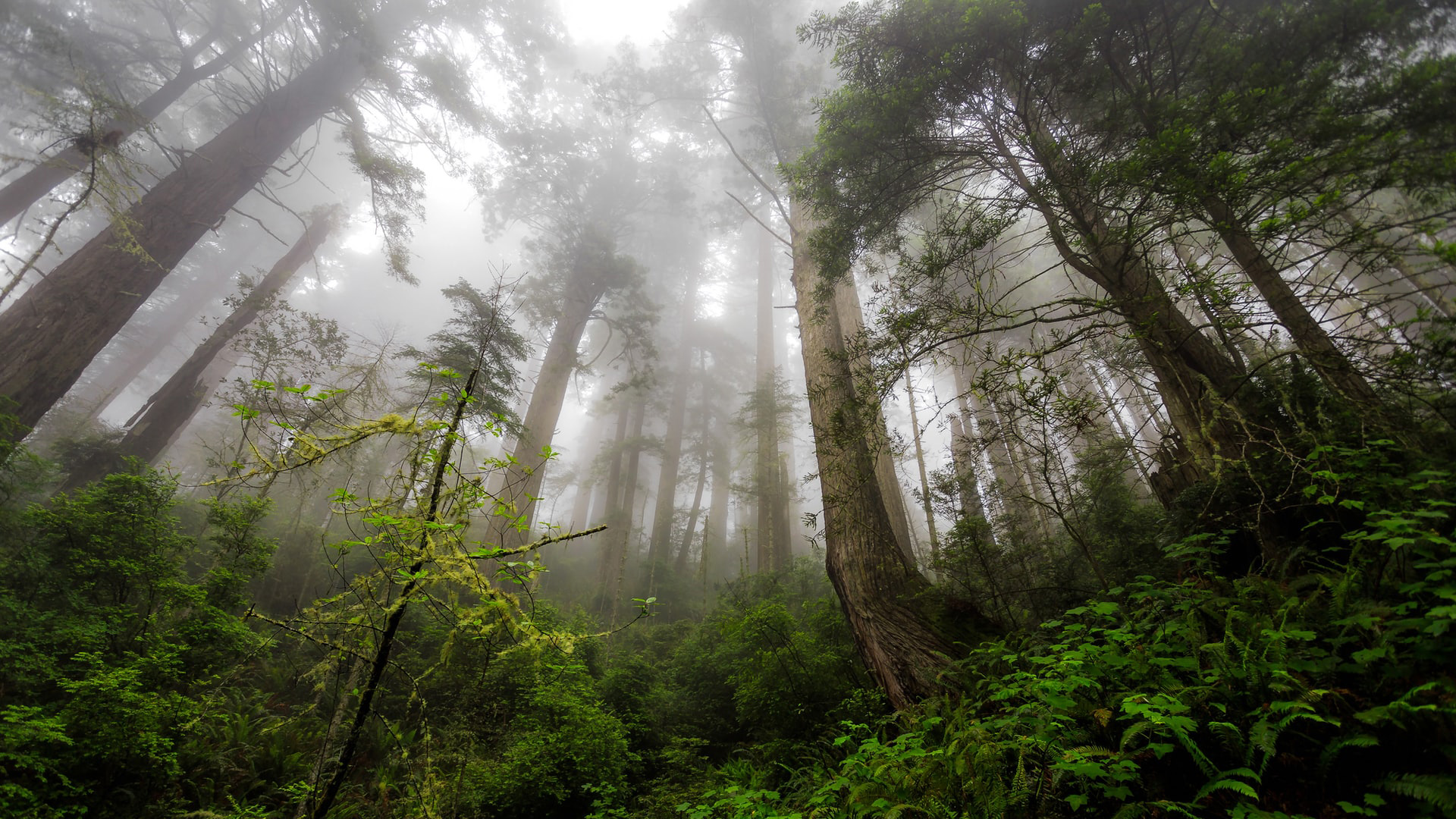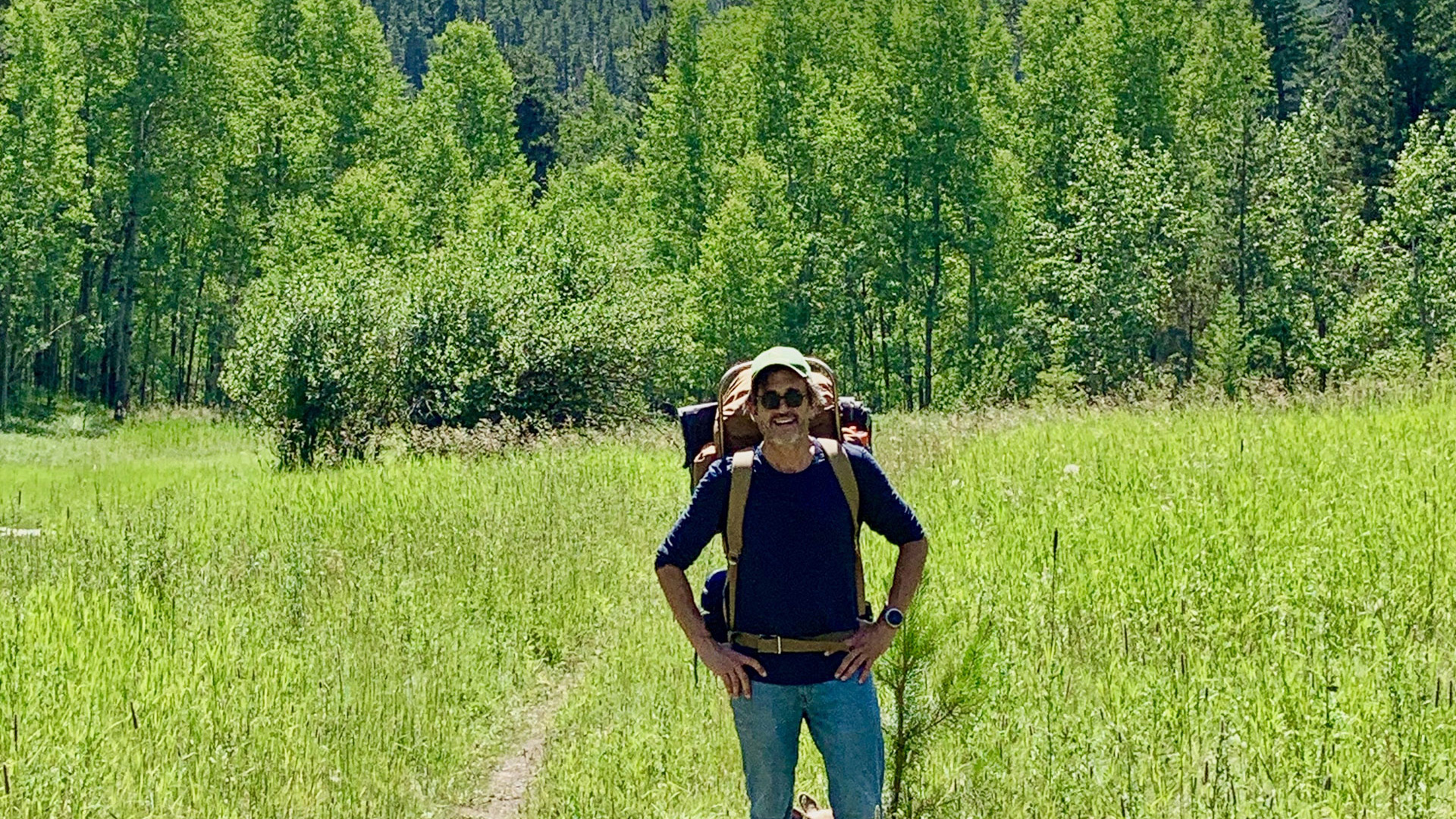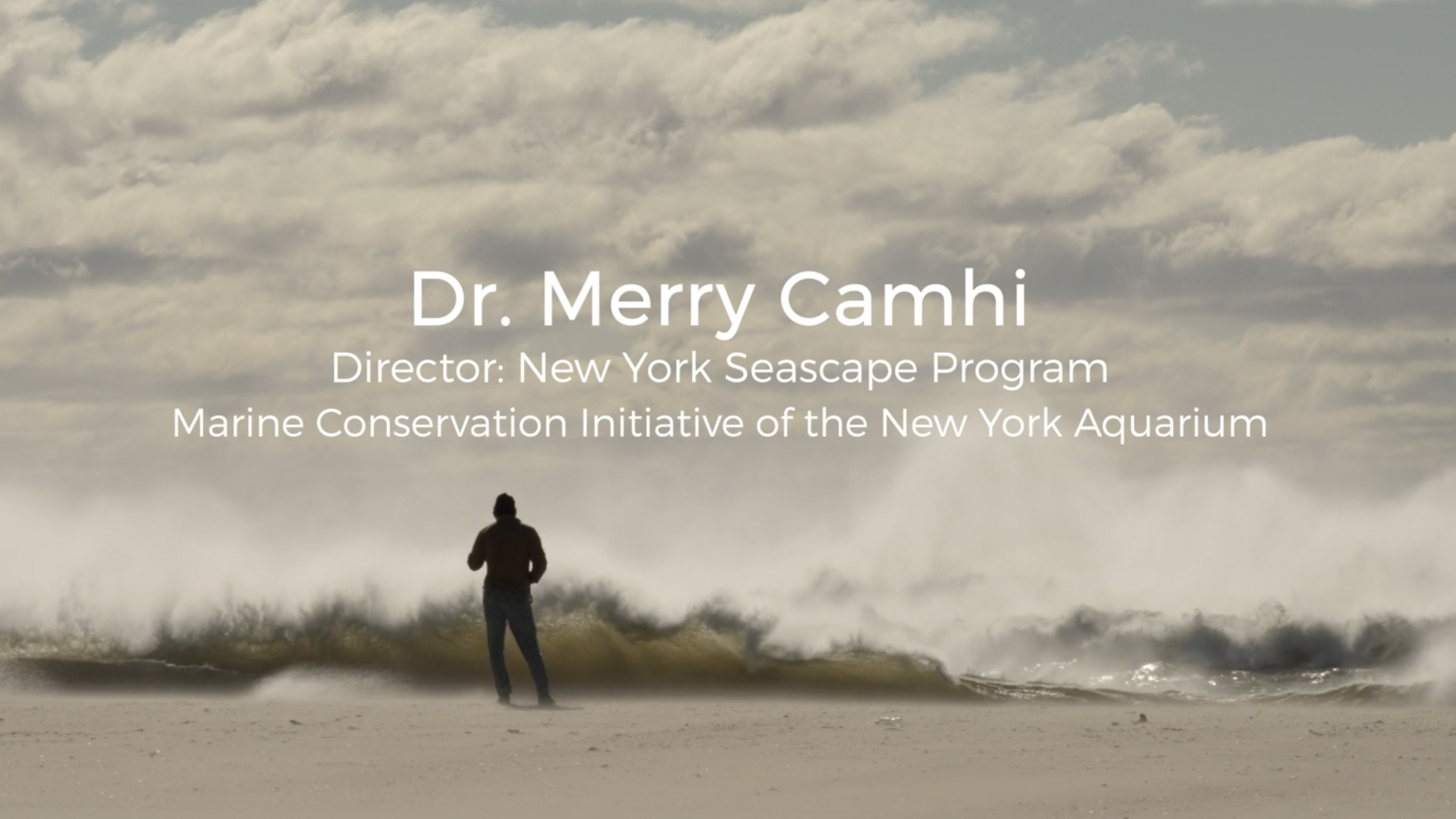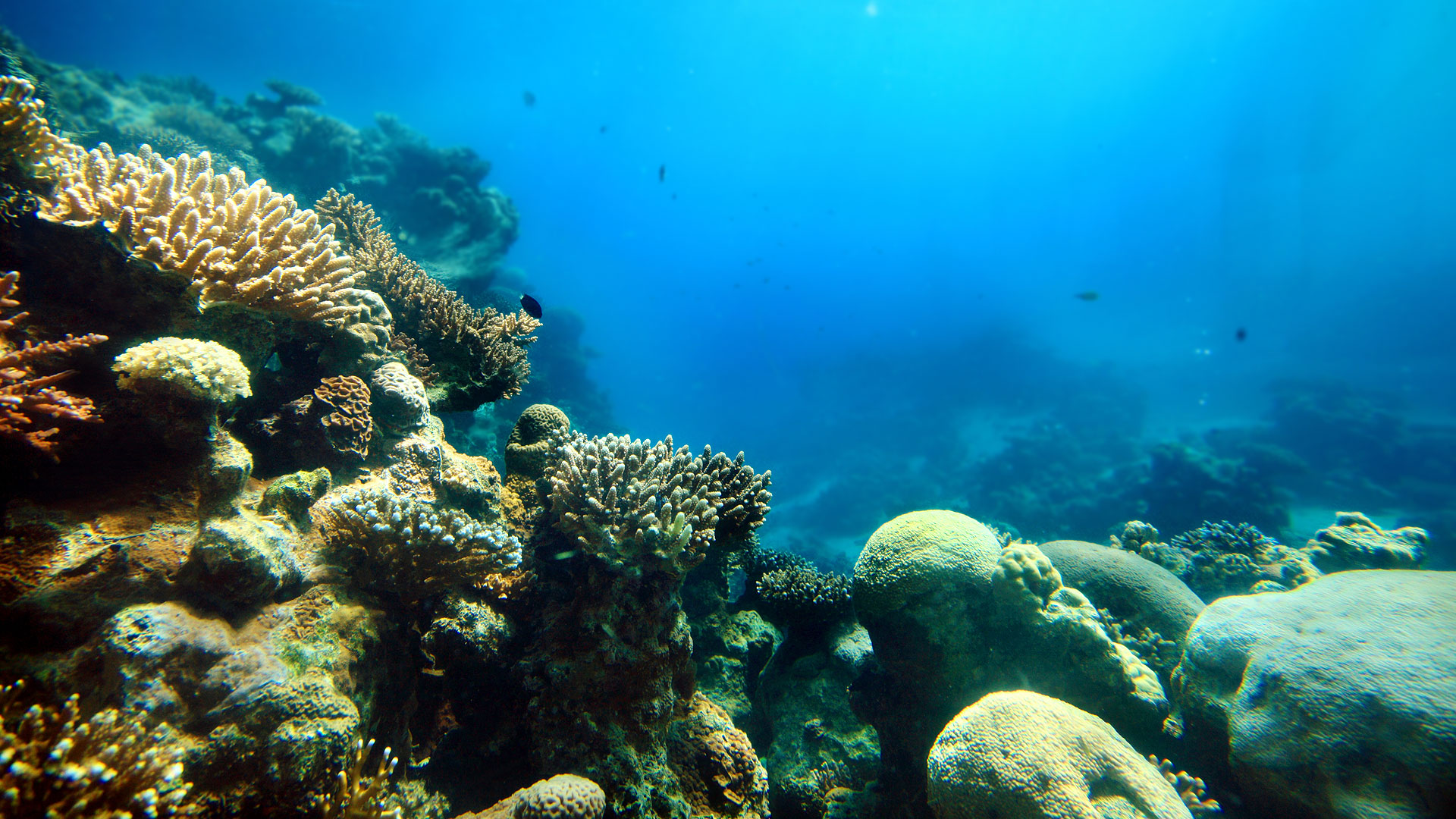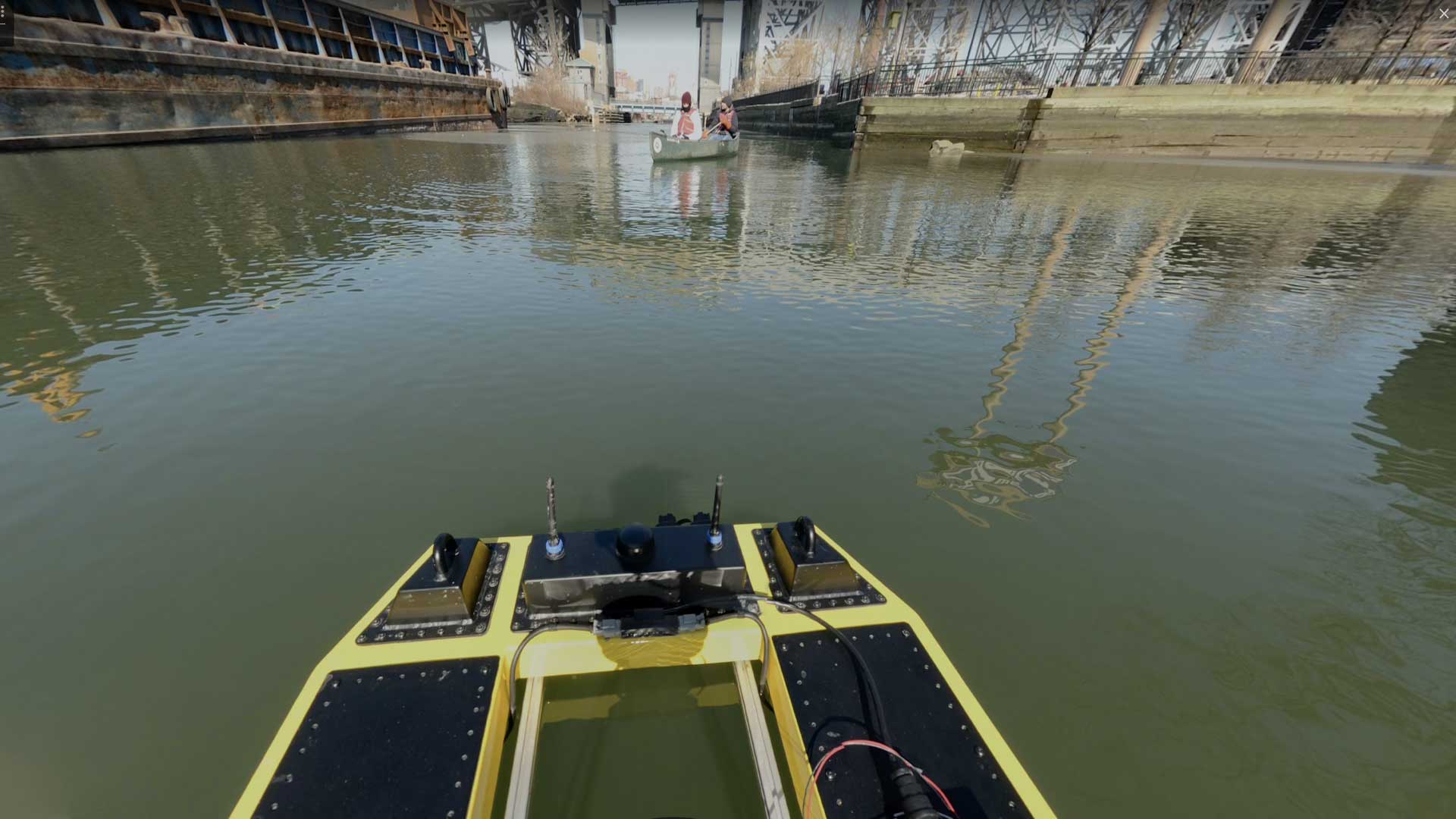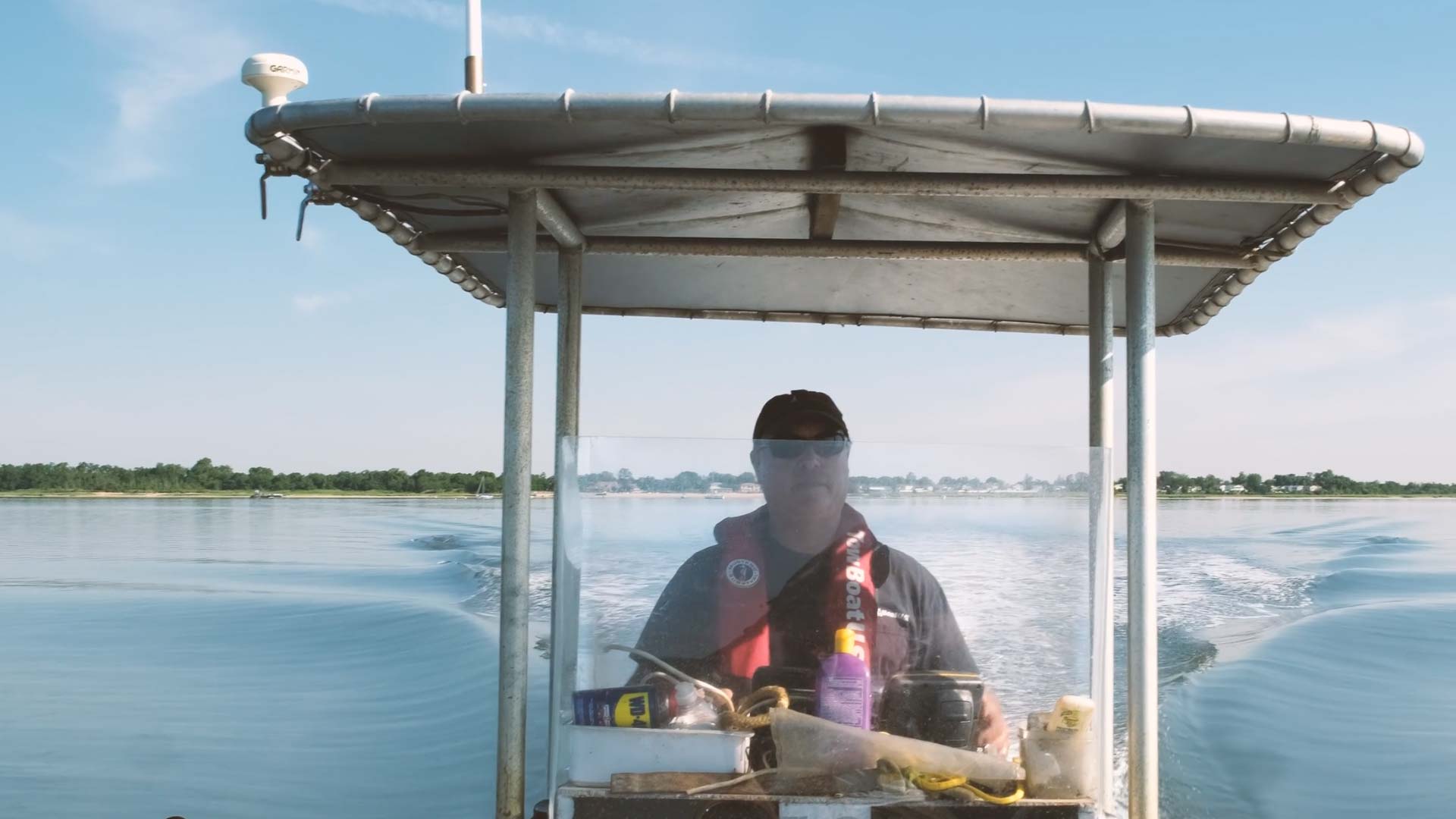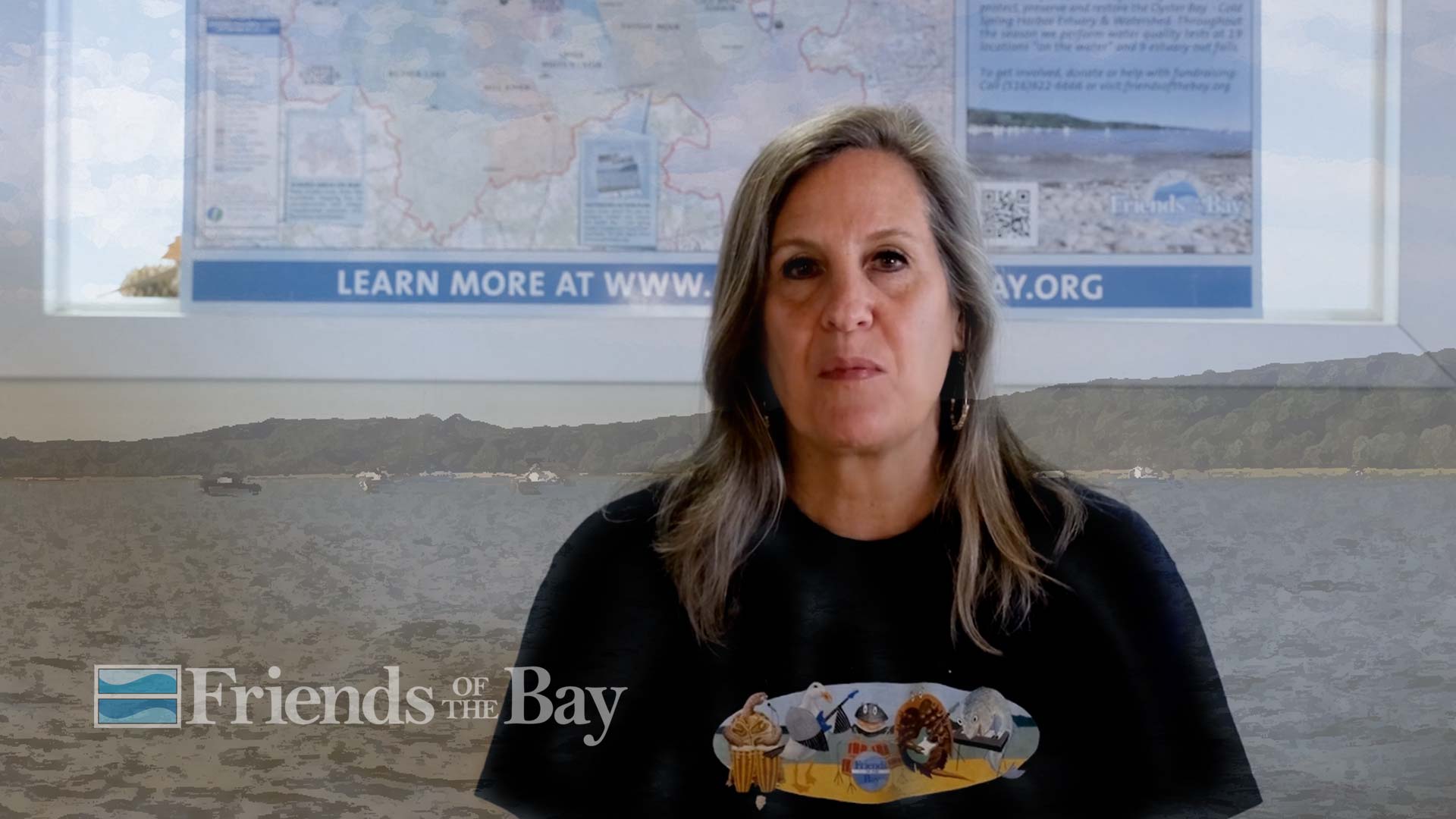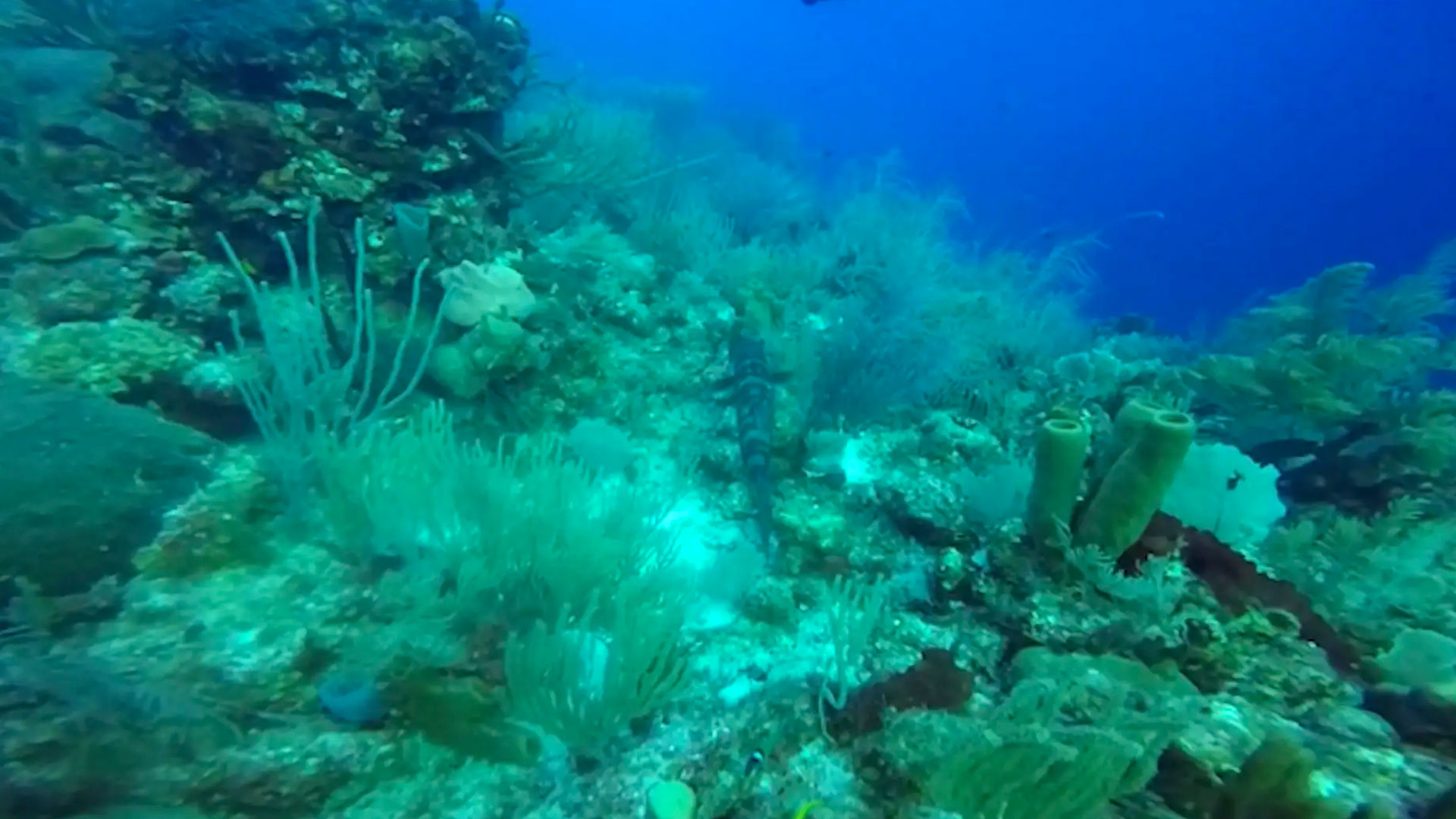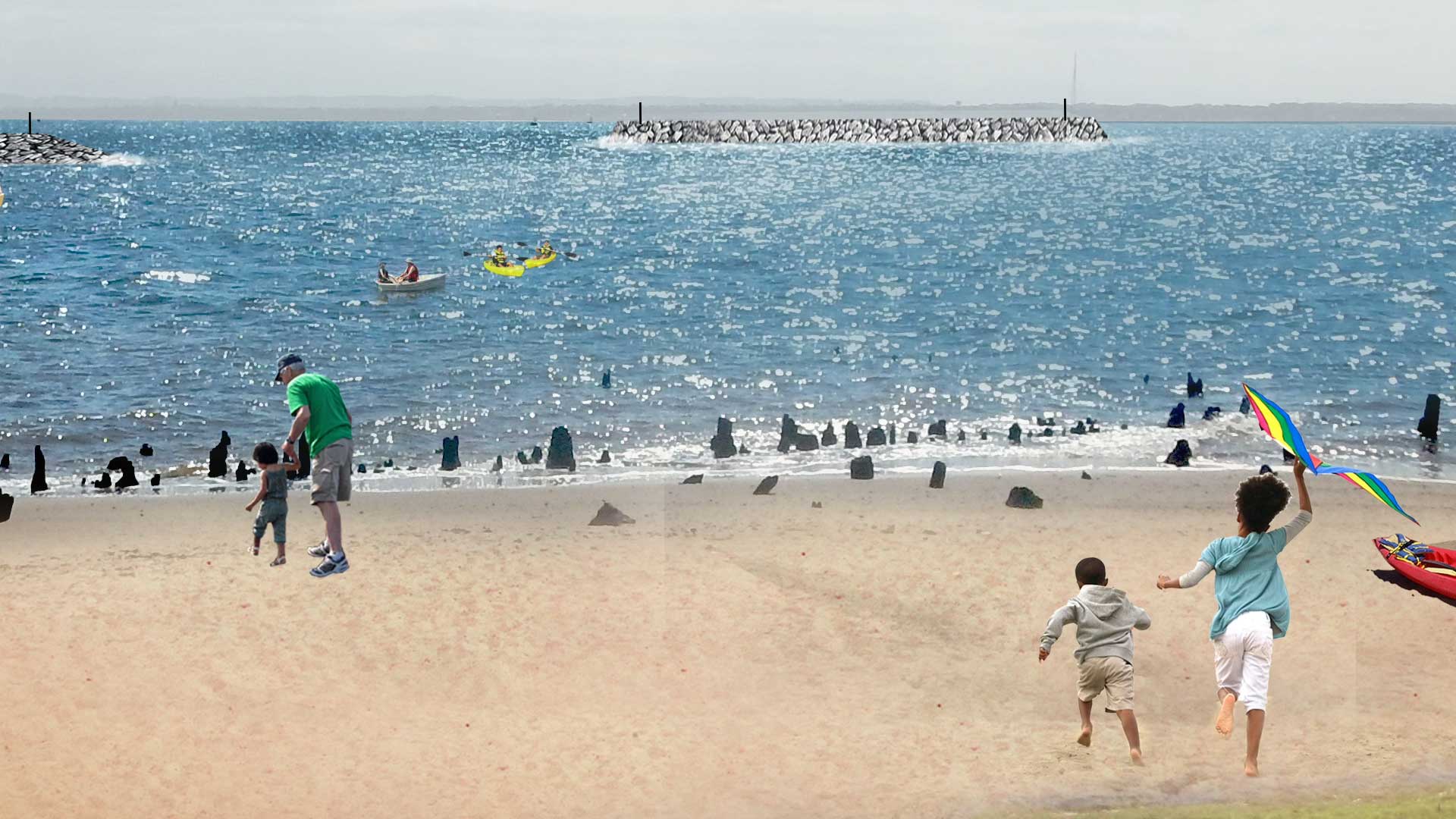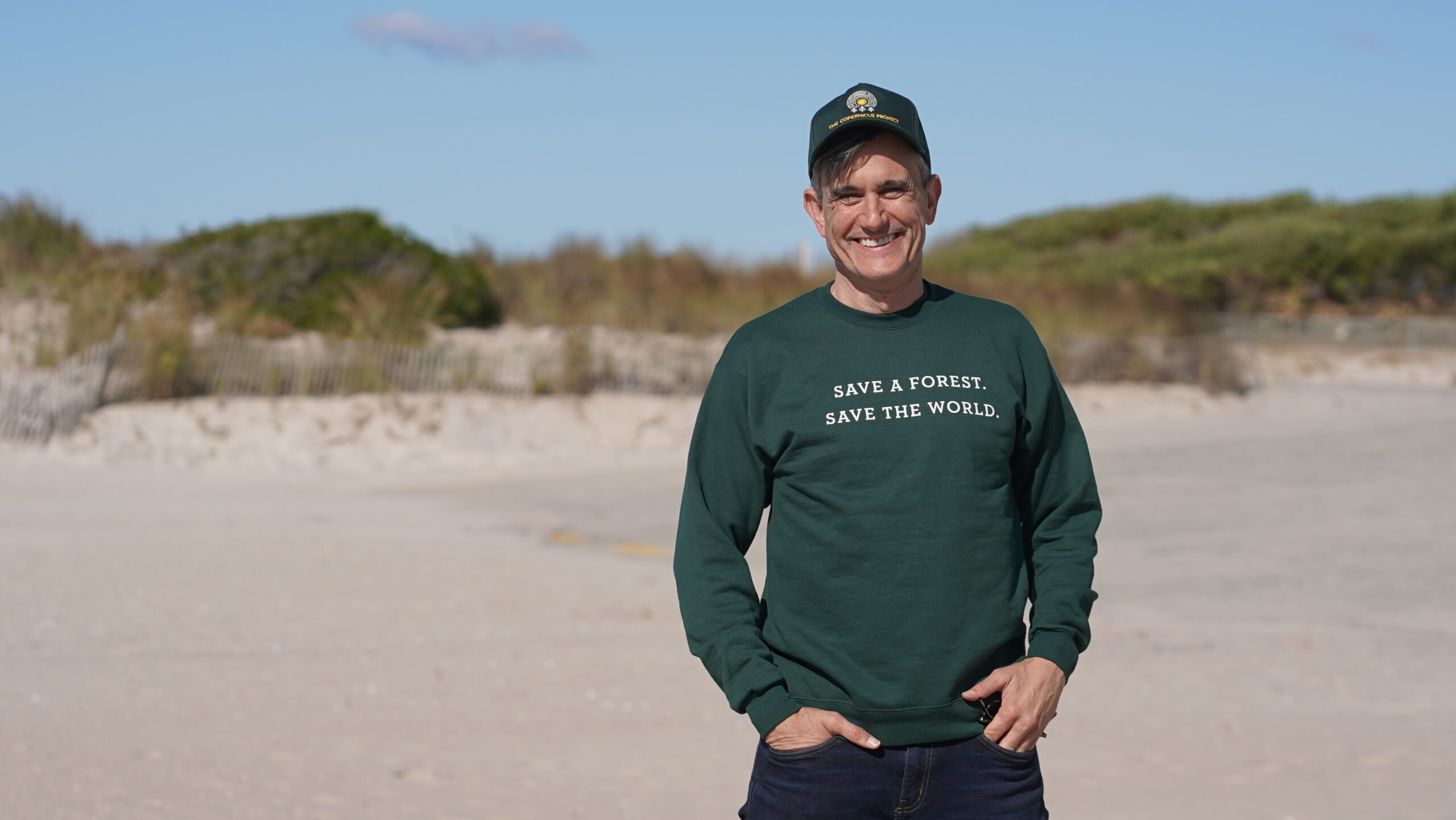THE FOREST ISSUE
U.S. Forests: Unsung Heros in Fighting Climate Change
Rainforests get most of the attention, but temperate and boreal forests can play an even bigger role in the places we call home.
Four leading experts tell us why:
Ann Bartuska
Jerry F. Franklin
Joan Maloof
Laurie Wayburn
THE FOREST ISSUE
U.S. Forests: Unsung Heros in Fighting Climate Change
Rainforests get most of the attention, but temperate and boreal forests can play an even bigger role in the places we call home.
Four leading experts tell us why:
Ann Bartuska
Jerry F. Franklin
Joan Maloof
Laurie Wayburn
U.S. Forests: Our First Line of Defense Against Climate Change
What’s the most effective way to fight climate change? Protecting and restoring the ecological health of forests and letting them grow to full maturity.
THE MARINE COASTAL ECOSYSTEMS ISSUE
Blue Carbon: Fighting Global Warming From Our Shores
Directly and indirectly marine coastal ecosystems provide a vast range of ecosystem services for humans, such as:
- Food and livelihoods
- Absorbing 90% of excess heat caused by climate change and 23% of human-caused CO2 emissions
- Nurseries and fishing grounds for commercial fisheries
- Preventing coastal erosion and lessening the impact of extreme weather events
- Recreational activities
- Prime tourism destinations
THE MARINE COASTAL ECOSYSTEMS ISSUE
Blue Carbon: Fighting Global Warming From Our Shores
Directly and indirectly marine coastal ecosystems provide a vast range of ecosystem services for humans, such as:
- Food and livelihoods
- Absorbing 90% of excess heat caused by climate change and 23% of human-caused CO2 emissions
- Nurseries and fishing grounds for commercial fisheries
- Preventing coastal erosion and lessening the impact of extreme weather events
- Recreational activities
- Prime tourism destinations
THE MARINE COASTAL ECOSYSTEMS ISSUE
Blue Carbon: Fighting Global Warming From Our Shores
Directly and indirectly marine coastal ecosystems provide a vast range of ecosystem services for humans, such as:
- Food and livelihoods
- Absorbing 90% of excess heat caused by climate change and 23% of human-caused CO2 emissions
- Nurseries and fishing grounds for commercial fisheries
- Preventing coastal erosion and lessening the impact of extreme weather events
- Recreational activities
- Prime tourism destinations
A Marine Coastal Ecosystem is an ecosystem where the land meets the ocean
Marine coastal ecosystems include many different types of marine habitats, such as estuaries and lagoons, salt marshes and mangrove forests, seagrass meadows and coral reefs, kelp forests and backwaters.
